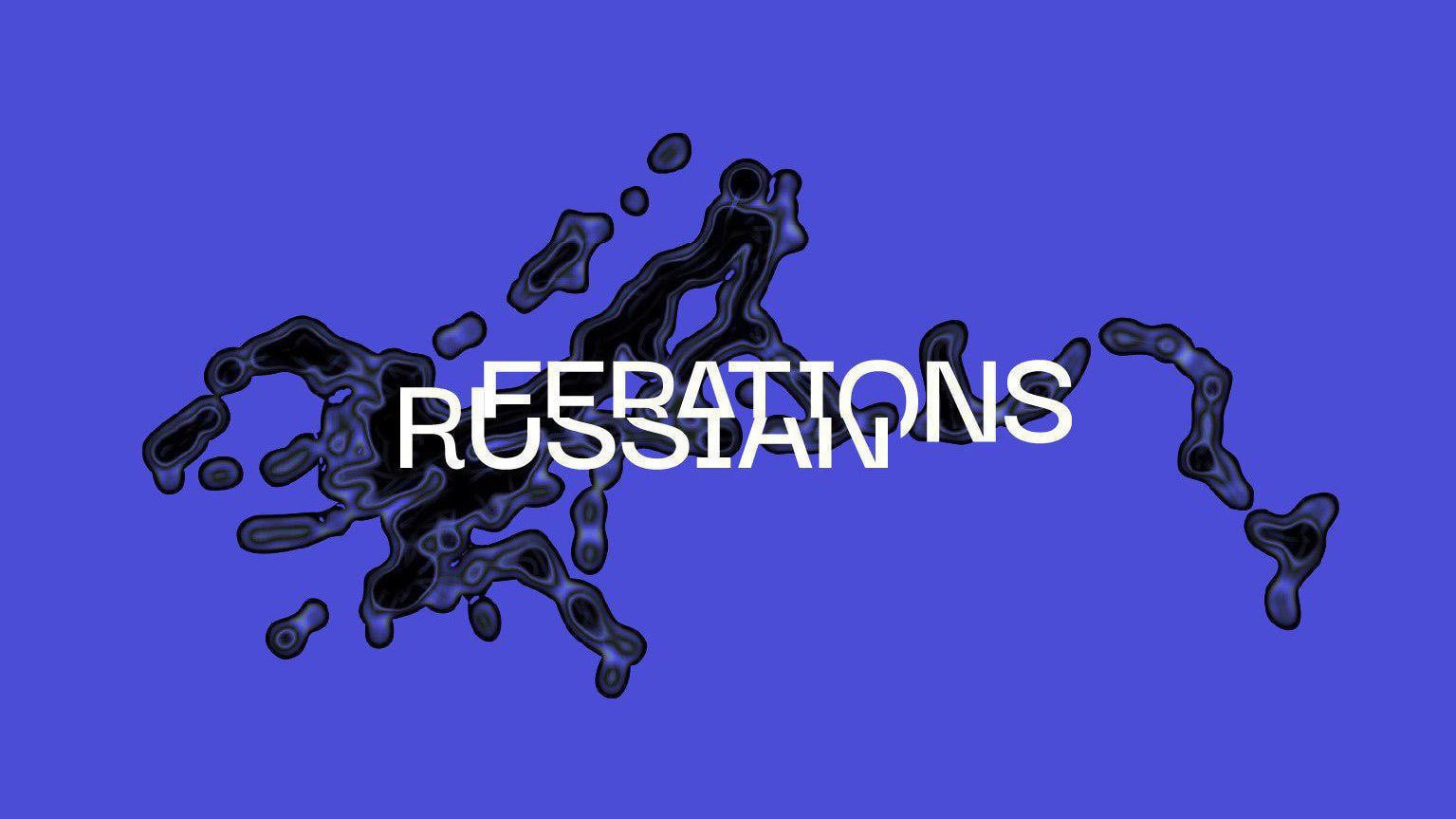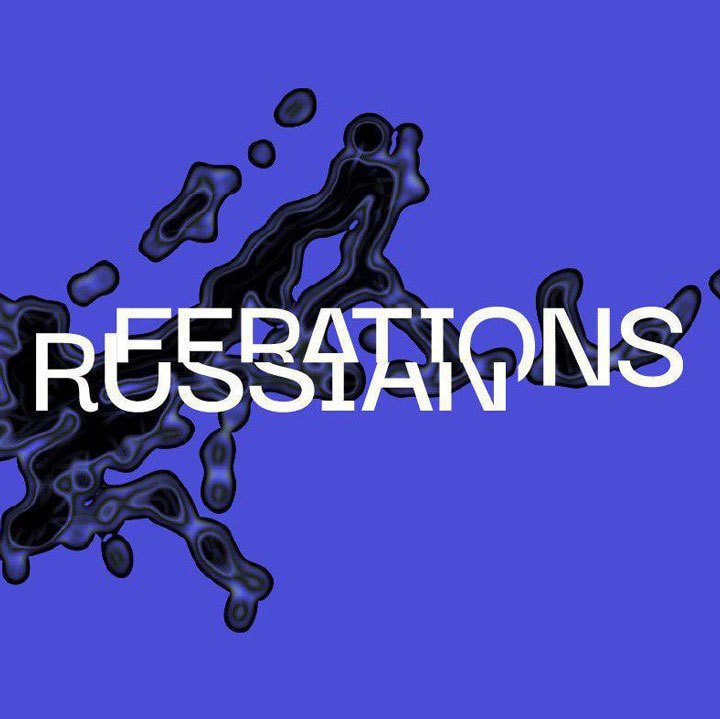This project is open to artists, anthropologists, sound researchers, experts in media and geocinema, designers, web developers, and anyone who wishes to contribute to the study of the world after petropolitics.
Petropolitics reflects the fundamental role that the fossil fuels have been playing in human history and politics. It tells the story of a “conspiracy,” where crude oil acts as a lubricant for earthly narratives, shapes the planetary politics, and inevitably leads to the end of everything. But what if the Apocalypse does not bring the end of Earth, but the end of oil itself? Oil, the black sun of the Earth, is a non-renewable resource. It’s an investment made by organic life millions of years ago and which will be spent in a very short period of time. The end of petropolitics is looming. But the Earth will keep on spinning, creating new narratives and realities. Petropolitics will be replaced by a different, alternative politics of the Earth. But what will it be? Who will be its agent? What kind of histories will it produce?
The program will run along two tracks. The first one will be focused on the geology of petropolitics, the machinery behind fossil fuel narratives, and various versions of its ending based on the end of petropolitical topography in the post-Soviet space. The second will look into the precarious economies of a few settlements in Russia with a particular focus on the economies of groups and towns dependant on wild species. The tracks will come together during workshops involving the use of alternative mapping and energy agents.

